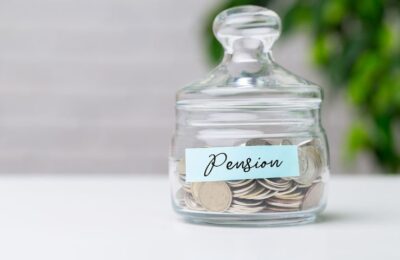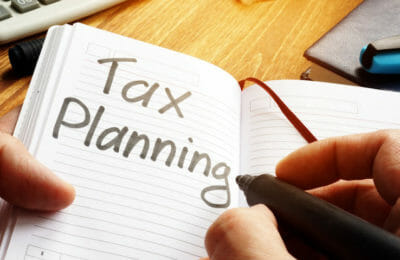It has been a tough year for millions of people. Not only have we had to contend with lockdown restrictions and limited contact with family and friends, but many of us have struggled with our finances. Workers have been put on furlough or, worse, made redundant. Many self-employed people have seen business dry up. Shop owners have had to close their doors. Landlords have seen their tenants struggle to pay their rent. Thousands of pubs are hanging on by a thread. The list goes on. Little wonder many people are dreading the upcoming tax return deadline at the end of this month. With money being tight, you might be asking yourself, ‘How do I arrange a Self-Assessment payment plan’?
In previous years, if you needed to spread your income tax payments across instalments, you needed to phone HMRC and talk through your options. However, this year, the coronavirus pandemic has resulted in the taxman allowing some people to arrange payment plans online.
So how do you do this? And are you eligible?
What do you have to pay?
You need to submit your Self-Assessment tax return by 31st January 2021. In theory, you should pay all the money you owe by the same date. The money you owe is made up of all of the following that apply to you:
- A balancing income tax payment for 2019/20
- A second income tax payment on account for 2019/20 (deferred from July 2020 if you haven’t already paid it)
- A first income tax payment on account for 2020/21
- Capital Gains Tax for 2019/20
- Class 2 and class 4 National Insurance contributions for 2019/20
As you can see, if you deferred tax payments during the pandemic, these will now be due – meaning you can expect a higher tax bill.
Am I eligible for a Self-Assessment payment plan?
If the total amount you owe is under £30,000 and you can’t pay it all at once, you can apply for a Self-Assessment payment plan. To do so, you must be up-to-date with all of your other tax payments.
You can make an application via your Government Gateway account. During the application process, you can ask to make weekly or monthly instalments. However, you need to remember that all late-paid tax will accrue interest at 2.6% until you pay off the bill.
My payment plan request has been rejected. What do I do?
If you owe less than £30,000 and you’re otherwise up to date with your tax payments, your application should automatically be granted. However, some people who meet the criteria have had their requests rejected.
If this happens to you, either you or your agent (i.e. your accountant), needs to call the HMRC payment support service. You can then agree a payment plan over the phone.
You will already know whether you’re likely to need a Self-Assessment payment plan. If you think you will, we urge you to do your tax return now if you haven’t already done so. That way, if your online application is rejected, you’ll have time to arrange a plan by phone. Trying to do this on 31st January will be extremely difficult as HMRC’s lines are likely to be jammed with thousands of callers.
Two other things to remember
Before you arrange a payment plan, it’s a good idea to check whether the payment on account for 2020/21 is reasonable in view of your expected profits for the year. Remember that any SEISS grants you claimed will be counted as trading income. If you believe you are being asked to pay too much on account, you need to get in touch with HMRC.
Lastly, be very wary of postponing your class 2 National Insurance contributions. If you don’t pay them by 31 January 2021, the tax year will not count as being completed in your NIC record.
As always, if you are a THP client and you have any worries or concerns about your Self-Assessment tax return, please get in touch. Your account manager will be very happy to help you.
About Mark Ingle
Owner-manager business specialist, Mark Ingle is key to building relationships with clients at the Chelmsford office. “I like to see clients enterprises grow and succeed.” Mark explains, “The team here has a lot to offer and I can see a lot of new businesses responding to that.”
Having worked for accountancy practices in London and Essex, Mark has worked with a range of companies varying in size. For Mark, THP stands out for its “local firm approach with the resources of a larger practice.”
Although a keen traveller, Mark is focused on giving his clients at THP the highest service, “Right now, I aim to help the clients we have to the best of my ability which will help me attract more of the right clients in the future.”
Mark’s specialist skills:
- Annual and Management Accounts
- Tax and VAT
- Strategy and Business Planning
- Marketing and Sales
- Business Development












